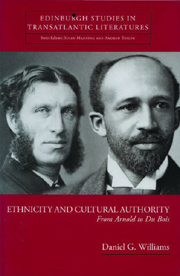1 - CULTURE AND ETHNICITY
Published online by Cambridge University Press: 12 September 2012
Summary
The Welsh schools that I have seen are generally on the British system … The children in them are generally docile and quick in apprehension, to a greater degree than English children; their drawback, of course, is that they have to acquire the medium of information, as well as the information itself, while the English children possess the medium at the outset. There can, I think, be no question but that the acquirement of the English language should be more and more insisted upon by your Lordships in your relations with these schools as the one main object for which your aid is granted. Whatever encouragement individuals may think it desirable to give the preservation of the Welsh language on grounds of philological or antiquarian interest, it must always be the desire of a Government to render its dominions, as far as possible, homogeneous, and to break down barriers to the freest intercourse between the different parts of them. Sooner or later, the difference of language between Wales and England will probably be effaced, as has happened with the difference of language between Cornwall and the rest of England; as is now happening with the difference of language between Brittany and the rest of France; and they are not the true friends of the Welsh people who, from a romantic interest in their manners and traditions, would impede an event which is socially and politically so desirable for them.
Matthew Arnold, HMI Report (1852)- Type
- Chapter
- Information
- Ethnicity and Cultural AuthorityFrom Arnold to Du Bois, pp. 33 - 71Publisher: Edinburgh University PressPrint publication year: 2005



